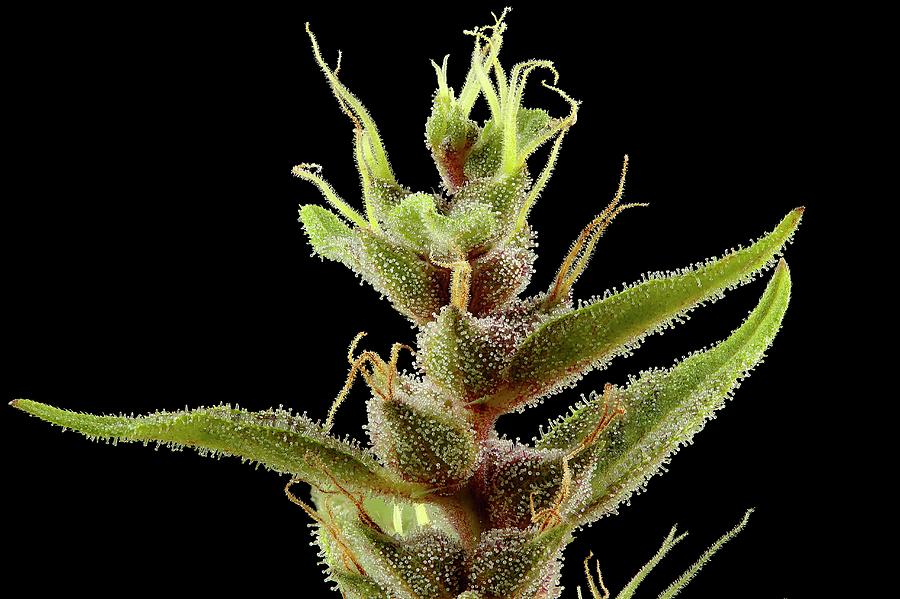When comparing THC tetrahydrocannabinol and Delta-8 THC Delta-8-tetrahydrocannabinol, it is crucial to understand their differences in terms of potency, effects, and overall experience. THC, the primary psychoactive compound in cannabis, is renowned for its strong effects and is largely responsible for the classic high associated with marijuana. It interacts with the CB1 receptors in the endocannabinoid system, leading to a potent psychoactive experience that can include euphoria, altered sensory perception, and, in some cases, anxiety or paranoia. Delta-8 THC, on the other hand, is a lesser-known cannabinoid found in smaller quantities in cannabis plants. Chemically similar to Delta-9 THC the more common form of THC, Delta-8 differs slightly in its molecular structure, specifically in the location of a double bond. This small difference translates into variations in its psychoactive effects. While Delta-8 THC also interacts with CB1 receptors, its effects are generally considered to be milder compared to Delta-9 THC.

In terms of potency, Delta-9 THC is typically much stronger than Delta-8. The effects of Delta-9 THC are well-documented and widely recognized as the benchmark for cannabis potency. It has a robust impact on both mental and physical states, making it the go-to compound for those seeking a powerful psychoactive effect. Conversely, Delta-8 THC’s effects are less pronounced, offering a milder high that can be described as more manageable and less overwhelming. This makes Delta-8 THC appealing to individuals who may be sensitive to the stronger effects of Delta-9 or who are seeking a more subdued and controlled experience. The preference between THC and Delta-8 often comes down to personal tolerance and desired effects. For those who are new to cannabinoids or have a lower tolerance, Delta-8 THC might be a more suitable option. It provides a gentler experience that can still offer therapeutic benefits without the intense high of Delta-9. On the other hand, seasoned cannabis users or those seeking a more potent effect might gravitate towards Delta-9 THC for its stronger psychoactive properties.
Additionally, the legal status of these cannabinoids can influence user choices. While Delta-9 THC is heavily regulated and its legality varies by jurisdiction, Delta-8 THC occupies a more ambiguous legal space in some regions, often making it more accessible. However, it is essential to verify local regulations as the legality of Delta-8 can change rapidly is thc or delta 8 stronger. In summary, THC and Delta-8 THC offer different experiences due to their varying levels of potency and psychoactive effects. THC is the more potent of the two, delivering a more intense high, while Delta-8 THC provides a milder, more manageable experience. Personal preference, tolerance, and legal considerations all play significant roles in determining which cannabinoid might be the right choice for an individual. Users often report that Delta-8 provides a more clear-headed and less anxious experience, making it a popular choice for those who seek the benefits of THC without the intensity that Delta-9 can sometimes bring.